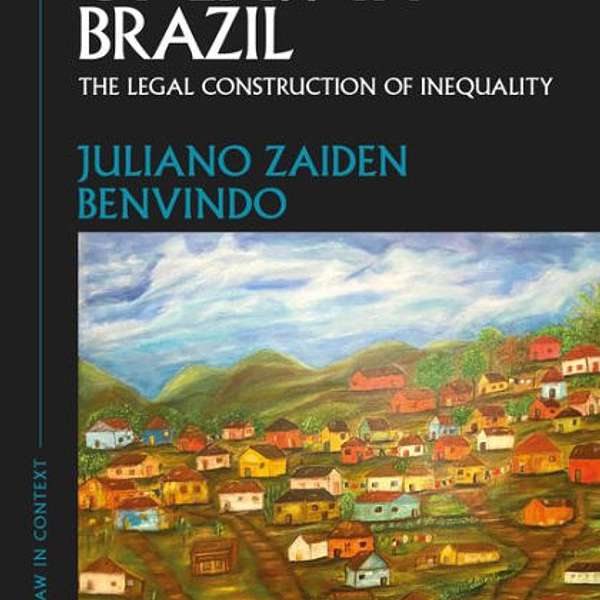
Peaceful Political Revolution in America
"The basis of our political systems is the right of the people to make and to alter their constitutions of government."
Alexander Hamilton, James Madison, James Wilson, Thomas Paine, and many other American patriots and revolutionaries completely agreed with this simple but compelling statement made by President Washington. Yet today, very few Americans know what the basis of our form of government is, let alone understand what it means.
This Podcast will dive into the most important and most censored story in America. We will uncover the myths behind our constitutional history and reveal some of the startling facts about our founding as a nation. Hang on tight! If you haven't honed up on your American history, if you think you understand our American political system, you may be in for a shock.
Peaceful political revolution is your unique American heritage. It is what makes our democracy so special and what makes your role in American politics so important. Are you ready for a peaceful political revolution? Where does it come from? How does it happen? What can you do to change our political system for the better?
We will address these questions and many more in the upcoming Podcasts, so hang on. If you think our politics are bad and only getting worse, you may find that a peaceful political revolution is the antidote.
Peaceful Political Revolution in America
S2 E5 Brazil’s Frenetic Pace of Constitutional Change with Juliano Benvindo
Events in America like the 2021 United States Capitol Insurrection are not unique to America. Brazil also suffered from a similar crisis on Jan 8, 2023.
The attack there, on all three branches of government in Brasilia, was largely the result of the former president's insistence the election had been rigged. His supporters believed him, and although he lost by almost 2 million votes, the crowds turned out to overturn the election, in much the same way Trump supporters did on Jan 6, 2021.
I thought we should have a look at what's going on in Brazil and take a deeper dive into Brazil's constitution for a sense of what is driving the rise of populism in Brazil. The United States and Brazil enjoy broad political and economic relations. Brazil is the second most populus democracy in the Western Hemisphere, and the world’s twelfth-largest economy. The United States is Brazil’s second-largest trading partner, second only to China.
It may surprise some of you to find out both the United States and Brazil are considered “flawed democracies," but there are differences. Whereas the promise of democracy in America is considered to be our birthright, Brazil has had to overcome a monarchy, as well as a dictatorship established by a military coup, which was supported by the United States and then president John F. Kennedy. That dictatorship lasted 21 years, until Feb 1, 1987 when a popular constituent assembly composed of elected representatives of the several political parties in Brazil, drafted a new democratic constitution, which was then formally ratified in 1988.
Juliano Zaiden Benvindo is Professor of Constitutional Law and Head of the Centre for Comparative Constitutional Studies at the University of Brasília. He is also a fellow at the Brazilian National Council for Scientific and Technological Development (CNPq) and Capes-Humboldt Senior Fellow at the Max-Planck Institute for Comparative Public Law and International Law in Heidelberg, Germany. His books include: On the Limits of Constitutional Adjudication; The Rule of Law in Brazil, The Legal Construction of Inequality; and, Constitutional Change and Transformation in Latin America, co-authored by Richard Albertand Carlos Bernal.